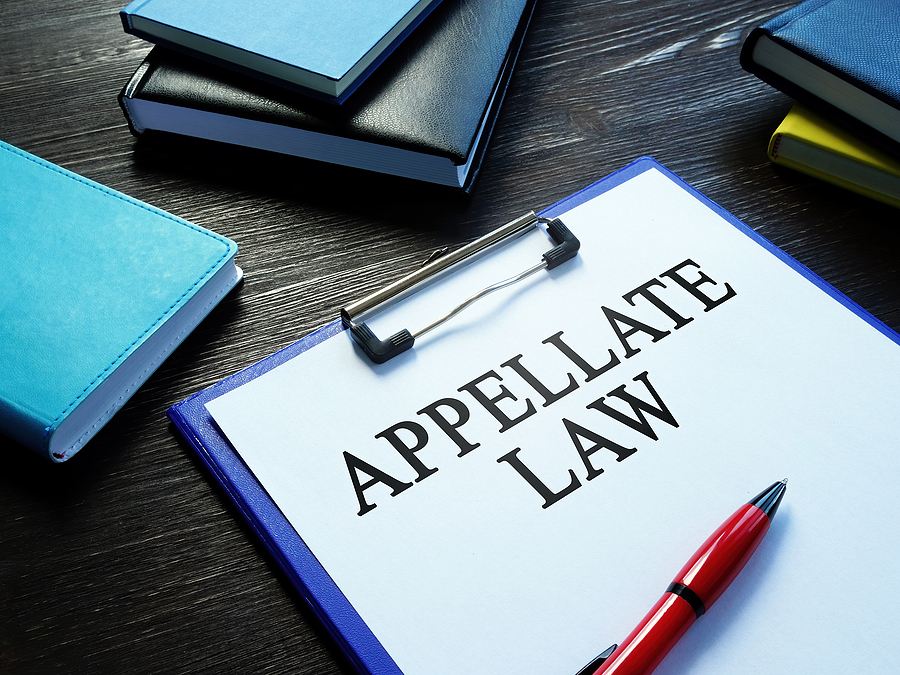In the complex world of legal proceedings, a mistrial can be both a blessing and a challenge. It offers a chance for defendants to have their case retried, but it comes with its own set of challenges and rules. Understanding what a mistrial is and how it can affect a legal case is crucial for anyone involved in the criminal justice system, especially those facing criminal charges or their defense teams. Continue below to get started.

Understanding Mistrials in the Criminal Court System
A mistrial occurs when a trial is invalid due to an error in the proceedings. This could be due to a variety of reasons including juror misconduct, inability of the jury to reach a unanimous verdict, or procedural errors that affect the fairness of the trial. For defendants and their counsels, a mistrial offers the opportunity for a fresh start, but it’s important to understand how this process works.
Mistrials aren’t as simple as starting over. They often involve complex legal arguments and require a thorough understanding of the trial process. Legal rights must be maintained throughout the proceedings to ensure that this option remains available if needed. For criminal defendants, knowing these rights and how to preserve them is key to ensuring a fair trial.
Understanding mistrials also involves knowing the potential outcomes. A mistrial doesn’t necessarily mean freedom; it means another attempt at justice. For the general public and criminal defendants, understanding the concept of a mistrial can provide insight into the legal system and its complexities.
Common Errors Leading to Waiver of Mistrial Rights
Defense counsels must be vigilant to avoid certain mistakes that can waive their right to argue for a mistrial. One common error is failing to object to improper evidence or statements during the trial. If not immediately addressed, these issues may not be grounds for a mistrial later.
Another mistake is not thoroughly reviewing jury instructions. Missteps in understanding or agreeing to the instructions can lead to waiving rights inadvertently. It’s imperative that defense teams are proactive in ensuring that all necessary objections and motions are made promptly and accurately.
Misunderstanding the trial process is yet another error. This could involve overlooking procedural rules or misinterpreting the judge’s decisions. It requires a keen eye for detail and a deep understanding of criminal defense strategies to avoid these pitfalls.
Detailed Explanation of Each Error
Failing to object during the trial can be detrimental. For example, a case where a defense counsel didn’t object to a prejudicial statement by a witness resulted in the waiver of mistrial rights. The court ruled that the failure to object meant consent to the statement’s relevance, impacting the trial’s outcome.
In another instance, a defense attorney neglected to thoroughly examine jury instructions. This oversight led to a misunderstanding that resulted in the jury being improperly guided, which affected the defendant’s right to a fair trial.
Misinterpreting procedural rules can also lead to significant errors. For example, an attorney who misunderstood filing deadlines for certain motions ended up waiving critical rights, illustrating the importance of adhering strictly to legal timelines.
Strategies for Avoiding These Errors
To avoid such errors, defense counsels should ensure they are well-prepared before trial. This includes a thorough review of all evidence and potential objections that may arise during proceedings. Preparation is key to maintaining the right to argue for a mistrial if needed.
Training and continued education for defense attorneys can also help mitigate these mistakes. Understanding the latest legal standards and trial process changes can keep defense teams ahead of potential pitfalls.
Collaboration with other legal professionals can provide additional insights. Engaging in discussions with peers can offer new perspectives on handling trial issues effectively, ensuring a more robust defense strategy.
Insights from Legal Professionals
Legal professionals emphasize that vigilance and preparation are crucial in avoiding errors. According to seasoned criminal defense attorneys, maintaining an open line of communication with the client and the court is essential to navigating trial complexities.
Experts also suggest that having a detailed understanding of the trial process and rights at trial is fundamental. This knowledge empowers defense teams to make informed decisions and uphold their client’s rights effectively.
Continuous learning and adapting to new legal challenges are vital. Legal professionals stress the importance of staying informed about changes in laws and procedures as part of effective criminal defense strategies.
Conclusion
The significance of understanding one’s rights and responsibilities in court cannot be overstated. For both the general public and criminal defendants, knowing how to avoid errors that could wave mistrial rights is essential to ensuring justice. By preparing adequately and staying informed, defense counsels can effectively defend their clients and maintain the integrity of the trial process.
For anyone facing criminal charges, or those interested in understanding their legal rights, consulting with a criminal defense attorney is invaluable. Legal professionals can provide guidance tailored to specific cases, ensuring that your rights are protected throughout the trial.
Next Steps
If you’re looking for more information or guidance, reach out to a criminal defense lawyer. They can help you understand your situation and offer advice on how to proceed with your case. Remember, being informed is your best defense.
Looking for a skilled criminal defense attorney who can work to turn around your trial outcome in Indiana? Contact Attorney David E. Lewis at 317-636-7514 to speak with a seasoned appellate lawyer in Indianapolis, Indiana. Our criminal attorneys will get the best possible outcome for your criminal case!
Related Posts:
Pretrial Motions and Their Impact on Your Indiana Criminal Case
The Pros and Cons of a Jury Trial
How to Prepare For a Successful Trial as a Criminal Defendant


